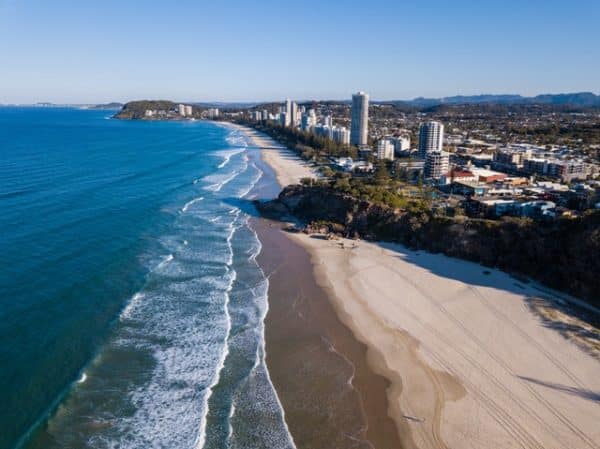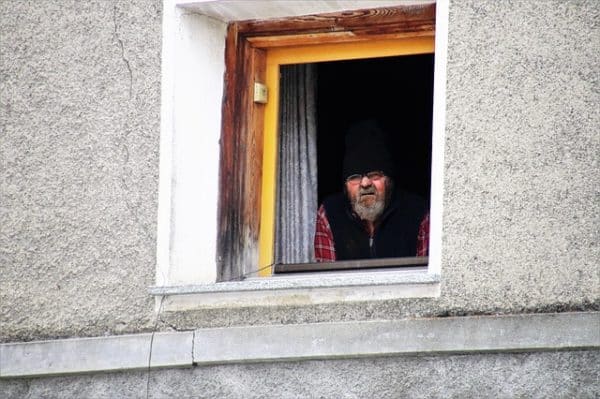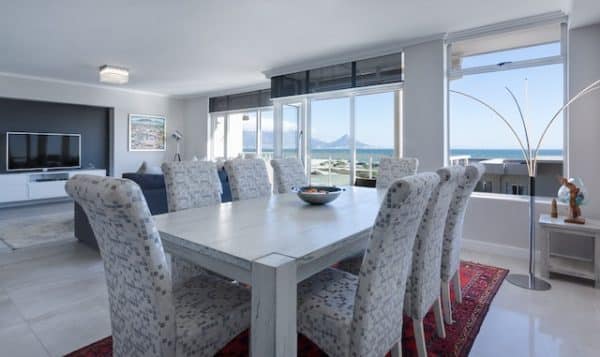When you reach 50 and you’re getting closer to retirement, it’s time to start asking yourself some big financial questions. Hopefully, you’ll have healthy retirement savings to fall back on and that gives you some new opportunities in later life. You can just live a life of luxury with that money but a lot of people decide to buy a second property instead. You could consider relocating entirely or just buying a second home somewhere nice where you can go away on vacation.
Property prices are on the rise so it’s a good investment but it can also be a pretty risky financial move if you get it wrong. If you’re starting to make some big decisions about your retirement and you think that a second home might be a sensible way to spend your money, consider these things first.
How Will You Pay For It?
This is obviously the most important question to ask yourself because if you don’t know how you’re going to pay for it, it’s probably not a good move. There are a couple of different options here; if you’ve got enough money in your savings, you might be able to buy the house outright. That’s fine, but you’ve got to consider what you’ve got left over afterward. If you can afford to buy the house in cash but then you’ll be living off a small amount of money for the rest of your retirement, it’s probably not a good move. If you’ve got other retirement goals like travel etc. you might not be able to do all of that stuff if you spend all of the money on a second property.
If you don’t have enough cash saved up to buy the house outright, you’ll have to get a mortgage to cover it. When you’ve spent your whole life paying off the mortgage on your current house and you’ve finally lifted that burden, do you really want to take that step backward? If you’ve got enough money for a large down payment, you won’t have to get a huge mortgage and that’s not too much of a problem. But if you don’t have much for a down payment on the house, you’re going to be tied into a big mortgage for the rest of your life and that will eat into the rest of your savings.
Can You Afford It?
Once you’ve made a decision about how you’re going to pay, you need to think about whether you can actually afford to do it. If you’re paying in cash, you need to look at what you’ll have left over afterward. Then split that up into a yearly budget and factor in any travel that you want to do etc. If you find that you’re going to be living on a very tight budget, that’s not an ideal way to live out your retirement. You’ve been worrying about money for years while you’re trying to save for retirement and your later years are the time to relax, so if you’re going to be on a tight budget, you should think twice about buying a second property.
If you’re going to use a mortgage for the second house, you need to consider whether you can afford the monthly payments with your retirement fund. Before you make any decisions, you need to get a rough idea of how much this is going to cost. Find a mortgage broker like Altrua Financial and ask them for some advice. They’ll be able to give you an idea of what kind of house you can get and how much you’ll be paying each month. Then you can start drawing up a rough budget to see whether you can comfortably afford it.
As a general rule, you should only buy a second home if you can afford it easily and, most importantly, still be comfortable enough to do all of the other things that you want to do in retirement without having to worry about money.
What Are You Going To Use It For?
This is another big thing to consider because you might not necessarily need to buy a second home. For example, if you’re buying it so you can go and stay there once or twice a year for a week, do you really need to actually own the place? You could just as easily rent a place out when you go away which is going to cost you a lot less than buying it outright. However, if you’re going to be spending half of your time in the second home, it may be more economical to buy it.
However, the rest of the family might want to use it for their vacations as well, in which case, it might be a good investment to buy a place rather than simply renting somewhere when you want to go away.
If you want to relocate completely then it’s a bit simpler, but then you’ve got to think about what you’re going to do with the old place. It might be a good idea to keep it if you’ve got family living nearby and you want to go back and visit them but if not, it’s just a burden and you should probably sell it.
Who Will Maintain It?
Looking after a property is always a lot of work so having 2 is quite a burden. When you retire, you’re supposed to be relaxing so are you really prepared to do maintenance on a second house? You could always get a property management company or a housekeeper to look after the place for you when you’re not there but that’s another expense that you have to consider. If your second home is nearby then looking after it isn’t too difficult but if it’s halfway across the country or even abroad, then it can be a bit of a pain.
Could It Add To Retirement Savings?
It’s important to think about how much of your retirement savings you’re going to spend on a second property but you’ve got to remember that it could also be a good way to add to your retirement savings. If you buy a second property and then rent it out to people when you’re not using it, you can actually make quite a bit of money to fund your retirement. As long as the rent that you’re charging is covering the mortgage plus a bit extra, you’re actually in a good position.
What Happens To The House After You Die?
Nobody wants to think about this but you need to. What is going to happen to the house when you’re gone? You can leave it to one of your children but then that may cause tension between them if only one person gets the house. You could always split it between them but then you’re leaving them with the burden of deciding what to do with the house and possibly selling it.
Your other option is to sell it yourself and then pass the money onto your children but that raises problems as well. Selling a property is a long and stressful process and there’s always the chance that you won’t be able to find a buyer. You need to ask yourself whether you’re really willing to take that burden on in later life, especially when you might not be that physically capable.
Buying a second home can be a great way to open yourself up to more travel options and even make a bit of extra money to fund your retirement. But it’s also a big burden and if you can’t afford it, you might struggle to get by financially in your later years, so think carefully before you make a decision.






All great and very important things to think about. It is not just about enjoying a home but also maintaining it that can become a full-time job.
I’ve been having a hard enough time just deciding what to do / who to give / whether to sell, when it come time for a will. But add a second house….no way. Travel is getting harder. Only one can have homestead tax break. nope.